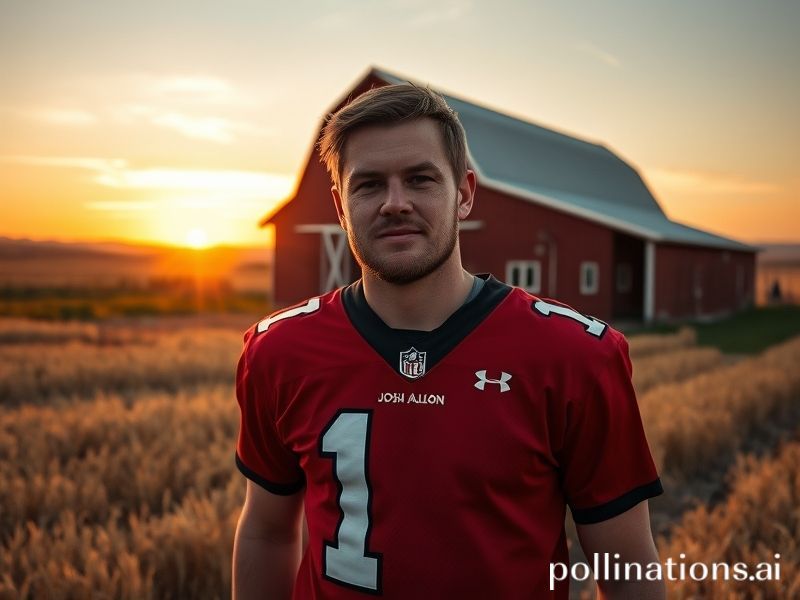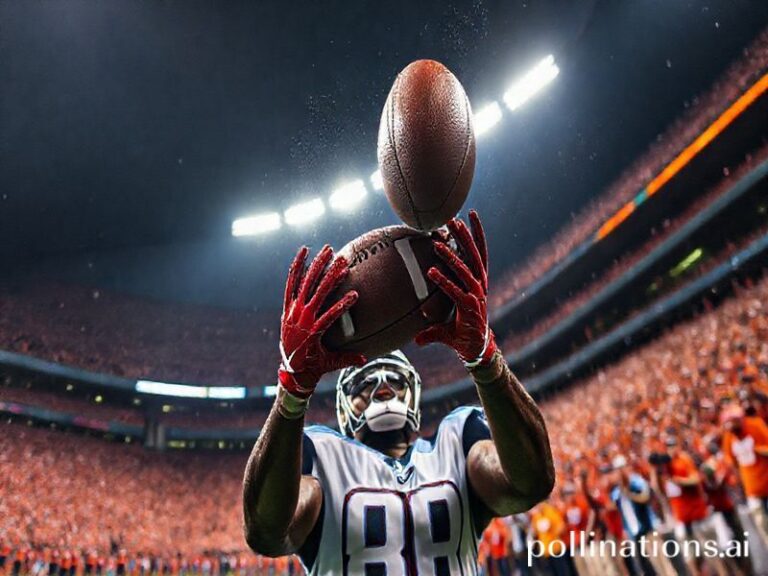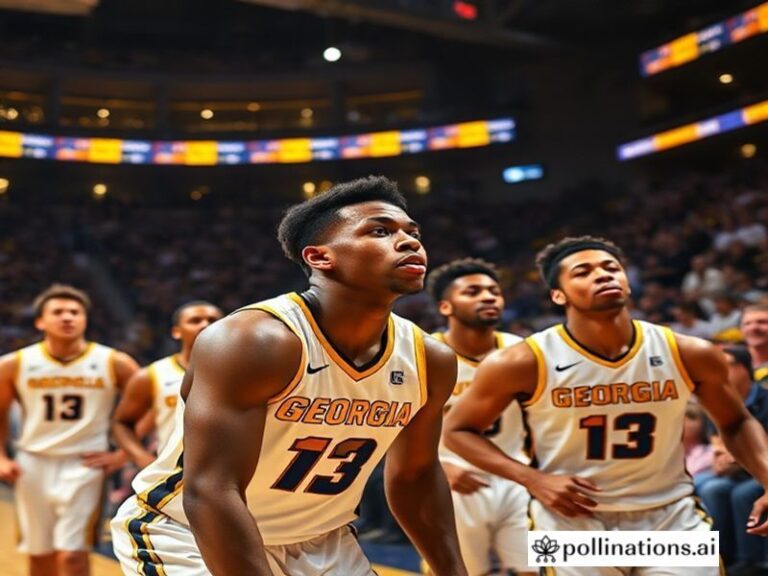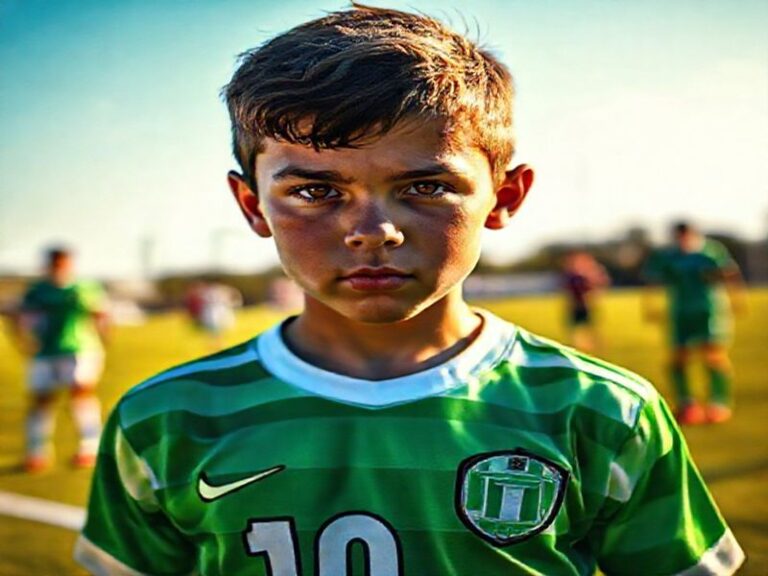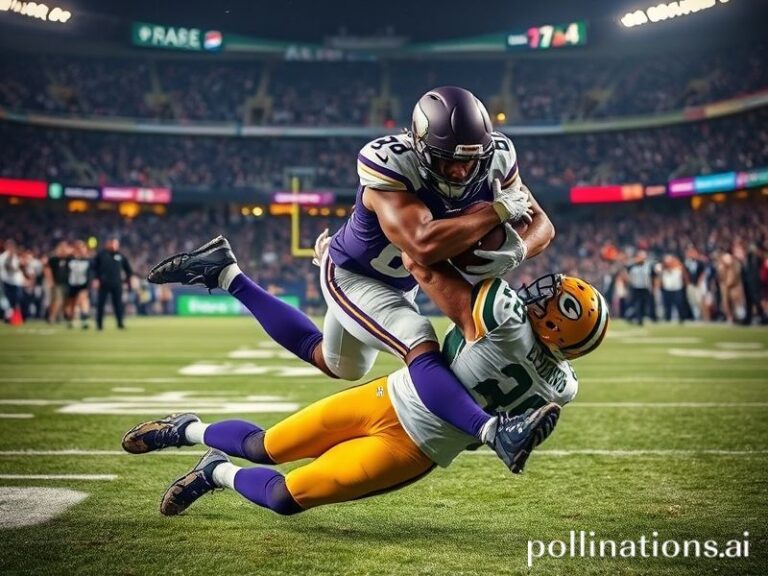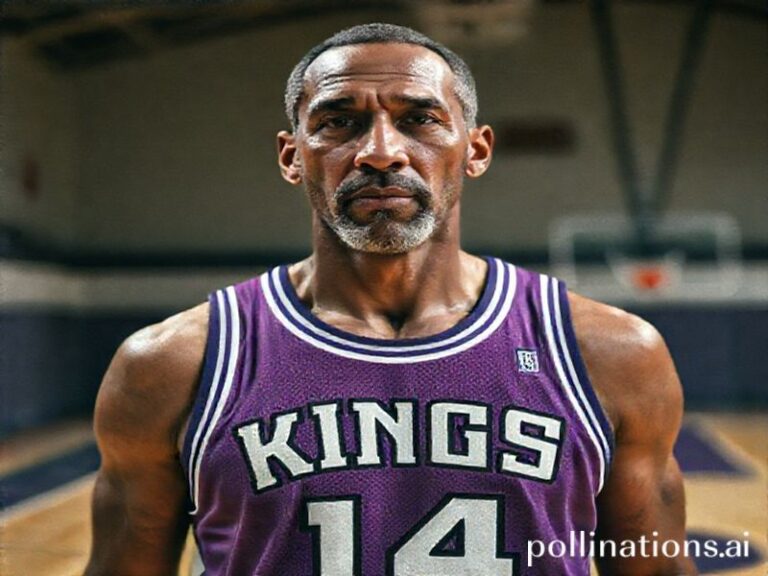From Firebaugh to the World: How Josh Allen’s Hometown Became an Accidental Global Brand
Firenze, Italy – In a world where a misplaced tweet can trigger a currency crisis and a quarterback’s birthplace can be debated by pundits from Lagos to Lima, the question “Where is Josh Allen from?” lands with the geopolitical heft of a UN Security Council resolution—albeit one sponsored by Buffalo Wild Wings. Allow me, dear reader, to guide you through the labyrinthine corridors of global significance that radiate outward from the humble hamlet of Firebaugh, California, population 7,549, median income “don’t ask,” and home to the NFL’s most improbably large rocket-armed export since the Raiders abandoned Oakland for the tax shelters of Nevada.
Yes, Josh Allen hails from Firebaugh, a sun-scorched speck on Highway 33 where the San Joaquin Valley’s agricultural runoff meets existential dread. To Europeans, this sounds like an experimental wine appellation; to Asians, it resembles an industrial park adjacent to a Foxconn dormitory; to Africans, it evokes a particularly stubborn drought. In reality, it is a place where the high-school weight room doubles as a tornado shelter and Friday night lights are powered by the same grid that keeps the almond orchards humming. In other words: nowhere, yet suddenly everywhere.
Because once Allen began launching footballs into low-earth orbit for the Buffalo Bills, Firebaugh achieved the sort of international name recognition usually reserved for micronations with questionable human-rights records. Overnight, the town’s Wikipedia page added seventeen languages, including Swahili, where “Firebaugh” is charmingly transliterated as a word that roughly means “place where the maize grows despite itself.” Across the Atlantic, Brexit-addled Brits console themselves that if a kid from a Central Valley farming outpost can conquer the AFC East, surely the UK can still export something other than political satire and inflation. Meanwhile, in Seoul, K-pop trainees watch Allen’s 75-yard bombs on loop and quietly recalibrate their own “range” metrics.
The global supply chain of hero worship is a marvel of modern logistics. Allen’s No. 17 jersey is currently stitched in three separate Cambodian factories—each operating under slightly different labor standards, naturally—then shipped via container freighter through the Suez Canal (pray no errant container ship decides to parallel park sideways) to Rotterdam, where it is redistributed to sports-equipment megastores from Oslo to Cape Town. Somewhere in Djibouti, a customs agent stamps the manifest and wonders, with the weary fatalism of a man who has seen every possible permutation of plastic novelty, whether a Bills Mafia folding table is technically sporting goods or tactical furniture.
And let us not ignore the diplomatic soft power implications. When Allen appears in State Farm commercials dubbed into Spanish, Portuguese, and—because why not—Mandarin, he becomes a walking, audible-calling Act of Cultural Imperialism. Firebaugh’s water table may be collapsing due to over-pumping, but its native son is now the face of an insurance giant promising “peace of mind” to a planet hurtling toward premium hikes and coastal inundation. If that isn’t late-stage capitalism’s pièce de résistance, I don’t know what is.
Of course, the darker ironies abound. Allen’s ascent coincided with California’s worst megadrought in 1,200 years—yes, scientists checked the tree rings, and the trees are officially unimpressed. While he was busy dissecting Cover-4 schemes, the very aquifer beneath Firebaugh was being siphoned to keep almond milk lattes foamy in Manhattan. Somewhere, a climate refugee in Bangladesh scrolls through Instagram, sees Allen cannon a 65-yard touchdown pass, and mutters, “Nice throw; shame about the groundwater.”
In the end, Josh Allen is from Firebaugh, which is to say he is from a fragile dot on a warming globe where teenagers still dream of escape velocity and the rest of us watch, half in awe, half in denial, as another local boy transcends ZIP-code destiny. His origin story is both utterly parochial and cosmically viral—a reminder that in the 21st century, every nowhere is suddenly somewhere, and every somewhere is just one highlight reel away from needing a customs form. So raise a glass—preferably something local, if the wells haven’t run dry—to the boy who turned a Central Valley truck stop into a transcontinental talking point. Just don’t ask what it all means; the planet’s still reviewing the play upstairs.

